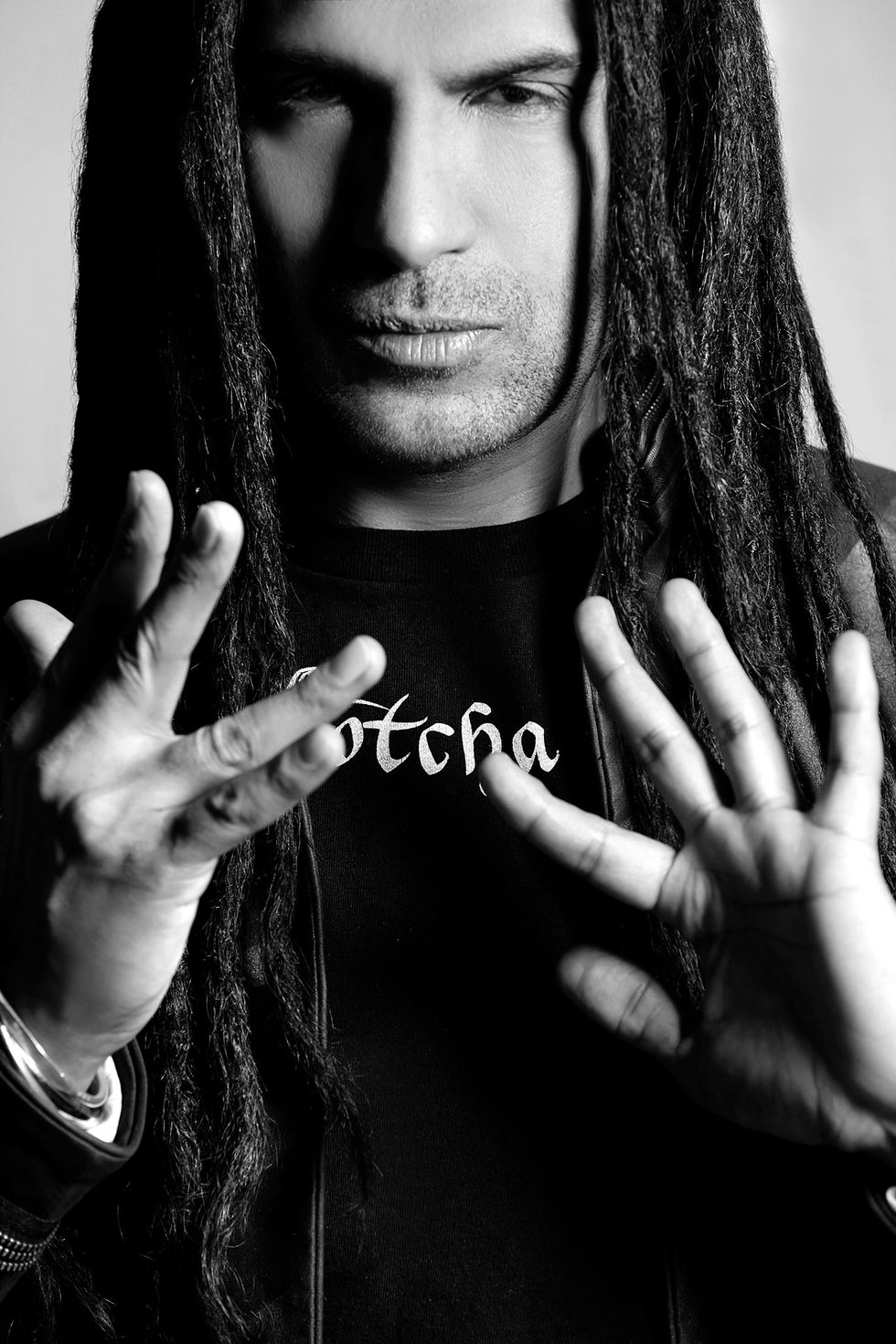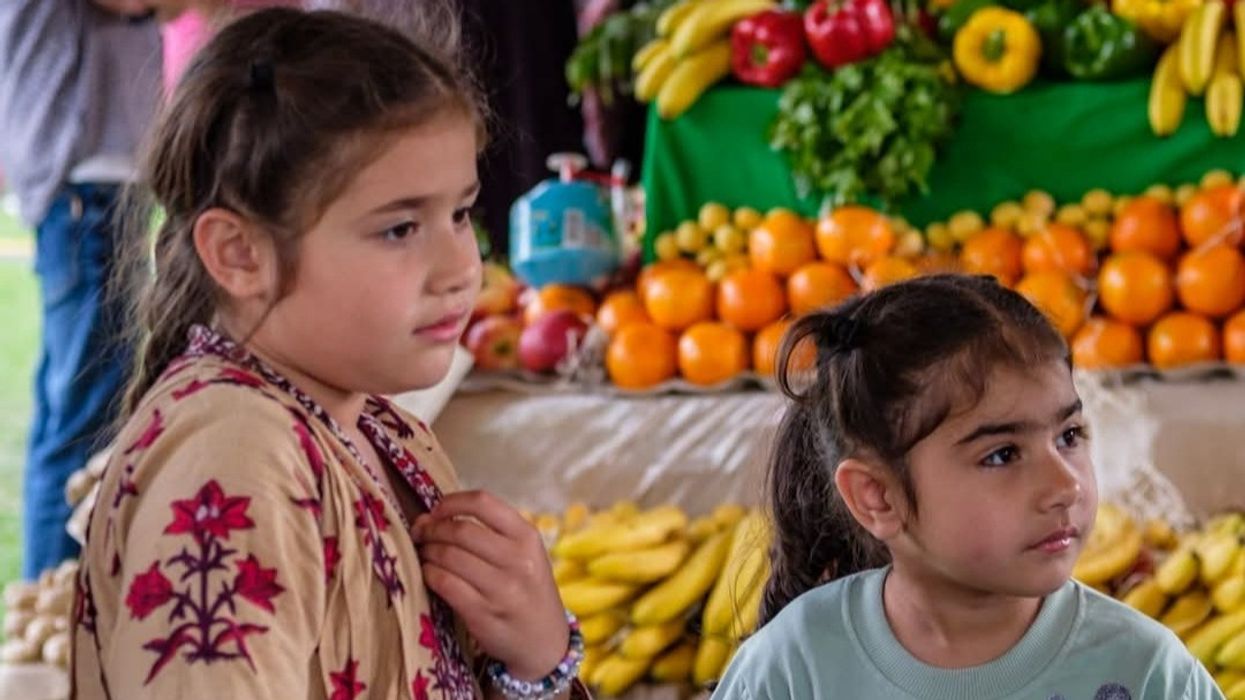Highlights:
Bradford is set to celebrate its cultural heritage with the return of a South Asian mela at Lister Park on 19 and 20 July. The newly launched Bradford Food and Lifestyle Mela will revive the city’s long-standing tradition of melas, combining food, fashion, music and community in a two-day open-air event.
Inspired by the popular melas of the 1980s and 1990s, which once drew crowds of up to 100,000, the event aims to reintroduce the atmosphere of celebration and cultural unity that made the original festivals so memorable. Bradford was the first UK city to host a traditional South Asian mela in 1988, but the last of the city’s original melas was held in 2012.
This year’s event is organised by the team behind the Bradford Curry Mela, in partnership with Lala’s Restaurant, and supported by sponsors including Bombay Stores, SAVECO, Elephant Atta and Bradford City of Culture 2025.
Junior Rashid of Lala’s Restaurant said the goal was to revive a treasured tradition for a new generation.
“We know there’s a real desire in the community for the mela to return. It’s more than just an event, it’s a celebration of culture, diversity and heritage. We hope this will bring back fond memories while creating new ones, with something for everyone to enjoy.”
Weekend entertainment and attractions

The mela will run from 11 am to 7 pm on both Saturday and Sunday and will feature a packed schedule of activities:
- A main stage hosting live music performances from Apache Indian, girl group Girls Like You, fusion act Silverfinger, Maz Bonafide, XLNC, and a range of local community performers
- A musical line-up that includes Qawwali, Naat, Bollywood hits and Bhangra, with a performance by Bhangra group B21
- A cookery theatre presented by television chef Parveen the Spice Queen, offering live demonstrations and workshops
- More than 50 stalls selling street food, crafts, fashion and lifestyle goods
- A funfair and family-friendly activities across the park
Fashion with purpose
The standout event of the weekend will be the Threads of Grace: Power of You fashion show, taking place from 8pm to 10pm on Sunday 20 July in the gardens of Cartwright Hall.
The show will feature collections by designers including IK Collections, Bombay Stores and Shiffonz, but with a message that goes beyond style. Models will walk the runway while sharing personal stories, highlighting themes of resilience, body positivity and self-acceptance.
Among those participating will be Dr Amir Khan, ITV’s resident GP; Alison Lowe, Deputy Mayor of West Yorkshire for Policing and Crime; former councillor Richard Dunbar; Fatima Patel, managing editor of RF Media & Publishing Ltd; Rubina Niazi from BBC’s The Bradford Aunties; and PR consultant Sian Karia, who will represent plus-size women.

“This show is about empowerment, embracing who we are, including our differences and so-called imperfections,” said Fatima Patel. “In a world where young people are bombarded by filtered ideals on social media, we want to send the message that true beauty lies in authenticity and resilience.”
Tickets for the fashion show cost £10, with 15 per cent of proceeds donated to Forget Me Not Children’s Hospice and Ovacome, the UK ovarian cancer charity.
Interactive highlights and media opportunities
A crowd-pleasing feature of the weekend will be the BoomGappa Challenge, a gol gappa eating competition hosted by Heera Foods. Participants will attempt to eat as many of the crisp, chickpea-filled snacks as possible in 60 seconds. The contest will run throughout the weekend, and members of the media are invited to try it themselves during a preview session on Friday 18 July.
Community celebration for all
Organisers hope this year’s event will mark the return of an annual tradition that celebrates Bradford’s cultural diversity during its year as UK City of Culture 2025.
Councillor Mohammed Amran, who has supported the mela’s revival, said:
“This is a fantastic and much-needed event and a chance for people from all communities to come together and enjoy one of the best parks in Europe. A mela like this should be a regular celebration in Bradford.”
The Bradford Food and Lifestyle Mela is free to attend. Visitors are encouraged to bring a picnic, explore the stalls, and enjoy a weekend of music, food and community spirit.
Event details
Location: Lister Park, Bradford
Dates: Saturday 19 and Sunday 20 July 2025
Time: 11am to 7pm (both days)
Entry: Free
Fashion show: Sunday 20 July, 8–10pm (ticketed, £10)
Website: www.foodandlifestylemela.co.uk
Tickets: Available via the event website or on Eventbrite
Media contact
Alison Bellamy – Press Officer
Mobile: 07719 487704
Email: alisonbellamynews@gmail.com
Image link (valid until 14 July): https://we.tl/t-D4AaR0xjQ6
For additional photography, interviews or filming opportunities, please contact Alison directly.
Charity partners
Forget Me Not Children’s Hospice – www.forgetmenotchild.co.uk
Ovacome – www.ovacome.org.uk





